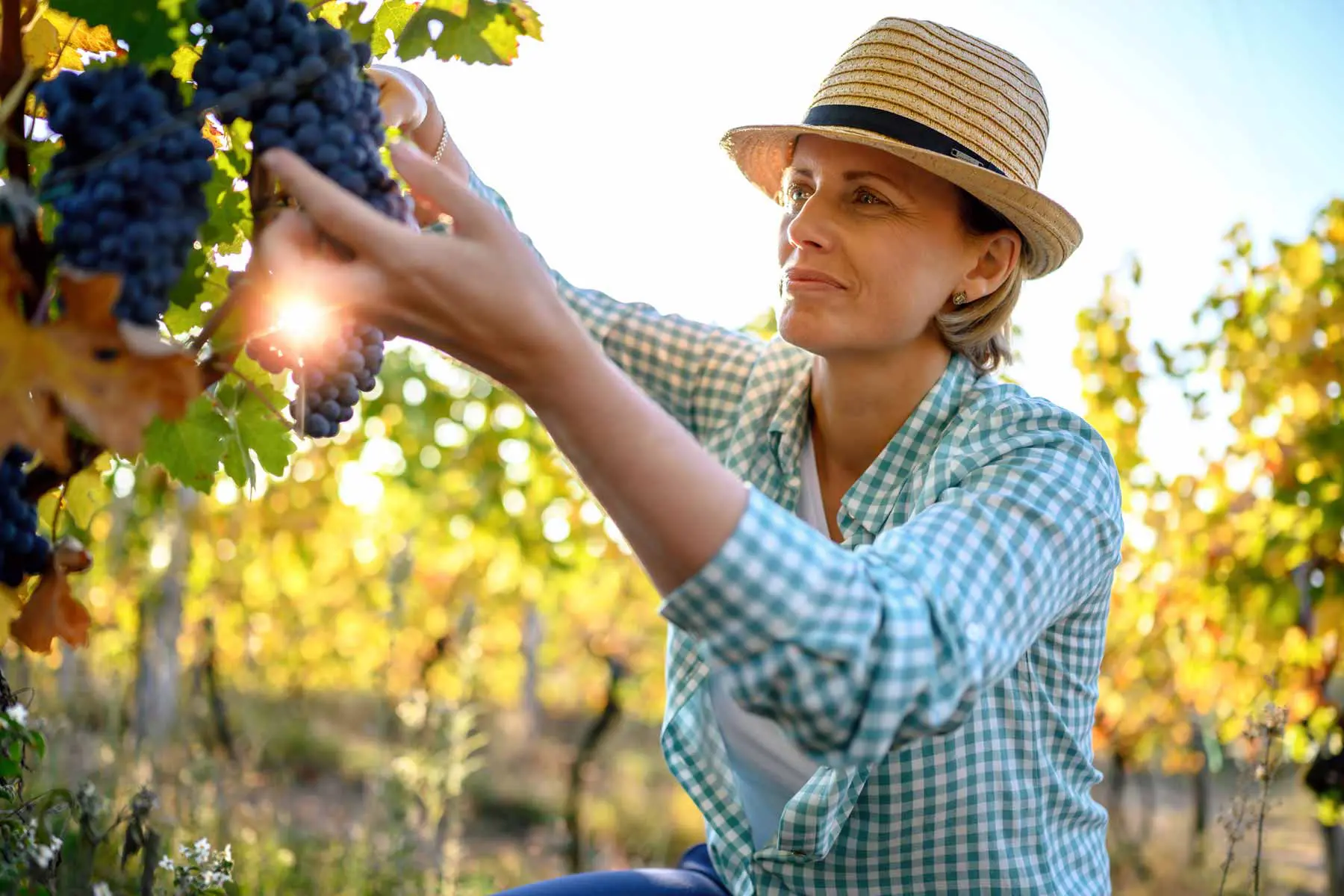Turkey’s Wine Policies and Investments in Viticulture (1923-1950)
Turkey’s Wine Policies and Investments in Viticulture (1923-1950)
The young Republic of Turkey, founded in 1923, was led by a small group of idealistic leaders. At the forefront was Mustafa Kemal Atatürk, whose visionary leadership served as the driving force behind efforts to modernize the new nation across various sectors. Given that only about 5% of the population could read and only 2% were literate, the Republic inherited a society with limited knowledge and skills.

One of the most significant challenges the Republic faced was the population exchange between Greece and Turkey, a policy that greatly impacted viticulture. Under the Ottoman Empire, wine production was restricted to Christian minorities, particularly the Greek community, which held most of the know-how and experience in viticulture and winemaking. The population exchange resulted in the departure of this skilled population, along with their accumulated knowledge, leaving a void that required new solutions.
State Policy and Efforts to Close the Knowledge Gap Aware of the importance of agriculture, the Republican leadership sought to fill this gap by sending students abroad to learn modern viticulture and winemaking techniques. They also invited foreign experts to teach and assist in rebuilding the wine industry. These efforts yielded positive results, setting the foundation for Turkey's modern wine industry, which continues to evolve despite ongoing challenges and restrictions.
The Role of State Policies With the founding of the Republic, the development of viticulture and winemaking became part of the country's agricultural modernization efforts. Atatürk recognized the importance of strengthening local agriculture, including grape and wine production. During this period, the state invested in infrastructure and established institutions like Tekel in 1925 to regulate alcohol production and distribution. Tekel played a pivotal role in ensuring quality standards and promoting local grape varieties such as Öküzgözü, Boğazkere, and Narince.
Investments and Modernization
In the 1930s and 1940s, the state established several wineries to increase production and improve quality. Key examples include: Tekirdağ Wine Factory (1939) Atatürk Forest Farm Wine Factory (1943) Ürgüp Wine Factory in Nevşehir (1944) Elazığ Wine Factory (1946) These factories promoted local viticulture and contributed to the regional economy. They also applied modern production techniques tailored to local grape varieties across different regions.
.
Focusing on Domestic and Export Markets
The investments in wine production were not limited to local consumption. Turkey aimed to expand into international markets, producing high-quality wines to compete with European producers. After World War II, Turkey joined global efforts to revive viticulture. In 1946, Turkey became a member of the International Organisation of Vine and Wine (OIV), and the following year, Istanbul hosted the organization’s annual meeting. These developments underscored Turkey’s commitment to both domestic and global wine markets.
Conclusion: Foundations for Sustainable Development
The 1923-1950 period marked a time of significant investment in modernization, quality improvement, and local production. The wineries established during this time and the emphasis on modern agricultural practices laid the groundwork for Turkey’s wine industry to grow. Although Turkey's progress slowed after 1950 due to shifting policies, the foundations built during the Republic's early years still support the industry today.
.
These early efforts highlight Turkey’s potential to remain a significant player in the wine world, even as challenges and policy shifts continue to shape the industry.

Katerina Monroe
@katerinam • More Posts by Katerina
Congratulations on the award, it's well deserved! You guys definitely know what you're doing. Looking forward to my next visit to the winery!





















